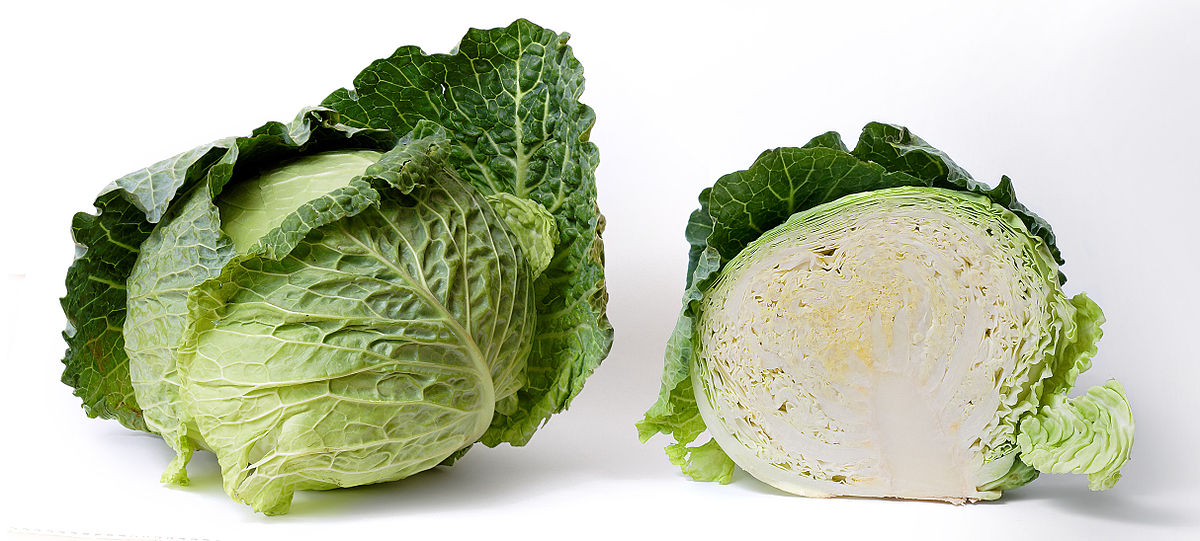
Cabbage, a humble leafy vegetable, holds a significant place in the world of agriculture and economics. Beyond its culinary uses, cabbage plays a crucial role in the global economy by contributing to agricultural revenues, international trade, employment, and overall food security. Let’s delve into the various dimensions of cabbage’s economic importance.
1. Agricultural Revenues and Income Generation
Cabbage cultivation contributes substantially to agricultural revenues worldwide. Its adaptability to diverse climates and relatively low input requirements make it a preferred crop for farmers.
The demand for cabbage remains steady due to its use in a wide range of dishes, salads, and fermented products. This steady demand translates into consistent income for farmers, helping to stabilize their financial conditions. In regions where cabbage is a major crop, its production often becomes a cornerstone of the local economy.
2. Employment Opportunities and Rural Livelihoods
The cultivation of cabbage creates numerous employment opportunities, particularly in rural areas. From planting and tending to harvesting and packaging, the various stages of cabbage production require a significant workforce.
This not only boosts employment rates but also bolsters rural livelihoods. In regions where job opportunities might be limited, cabbage farming provides a reliable source of income for many families, reducing poverty and enhancing the overall quality of life.
3. Global Trade and Export
Cabbage’s economic significance extends beyond domestic markets, as it is a highly traded commodity in the international arena.
Countries with favorable climatic conditions for cabbage cultivation often engage in its commercial production for export. This contributes to foreign exchange earnings and strengthens international trade relationships.
Moreover, the demand for cabbage in various forms, including fresh, frozen, and processed, ensures a year-round market and stable revenue streams for exporting nations.
4. Food Processing and Value Addition
The economic importance of cabbage is not confined to its raw form; it also fuels the food processing industry. Sauerkraut, coleslaw, kimchi, and pickled cabbage are just a few examples of value-added products that boost the economic value of cabbage.
These processed products have longer shelf lives and can be sold at premium prices, generating higher revenues for both farmers and manufacturers. By tapping into the processed food market, cabbage becomes an essential ingredient in the production of various culinary delights.
5. Nutritional and Health Benefits
Cabbage’s nutritional composition contributes to its economic significance as well. Rich in vitamins, minerals, and dietary fiber, cabbage is considered a healthy addition to diets worldwide.
As health-conscious consumer preferences grow, so does the demand for nutritious foods like cabbage. This demand drives consumption, encouraging farmers to increase production to meet market needs.
The health benefits associated with cabbage consumption also indirectly contribute to reduced healthcare costs, further supporting the economy.
6. Crop Rotation and Soil Health
Cabbage’s role in crop rotation systems enhances its economic importance. As a cruciferous vegetable, cabbage helps break disease cycles and improve soil health.
Rotating cabbage with other crops prevents the buildup of soil-borne pathogens, reducing the need for chemical interventions.
Healthy soils lead to better yields, reducing production costs for farmers and contributing to sustainable agriculture practices.
In conclusion, cabbage’s economic importance is undeniable. From its role in agricultural revenues and employment generation to its contributions to global trade and food processing, cabbage touches various facets of the economy.
As consumer preferences continue to evolve towards healthy, diverse, and sustainable foods, cabbage is poised to maintain and even expand its economic significance in the years to come.
Recognizing the broader implications of this unassuming leafy vegetable is essential for fostering economic growth, ensuring food security, and promoting sustainable agricultural practices.





